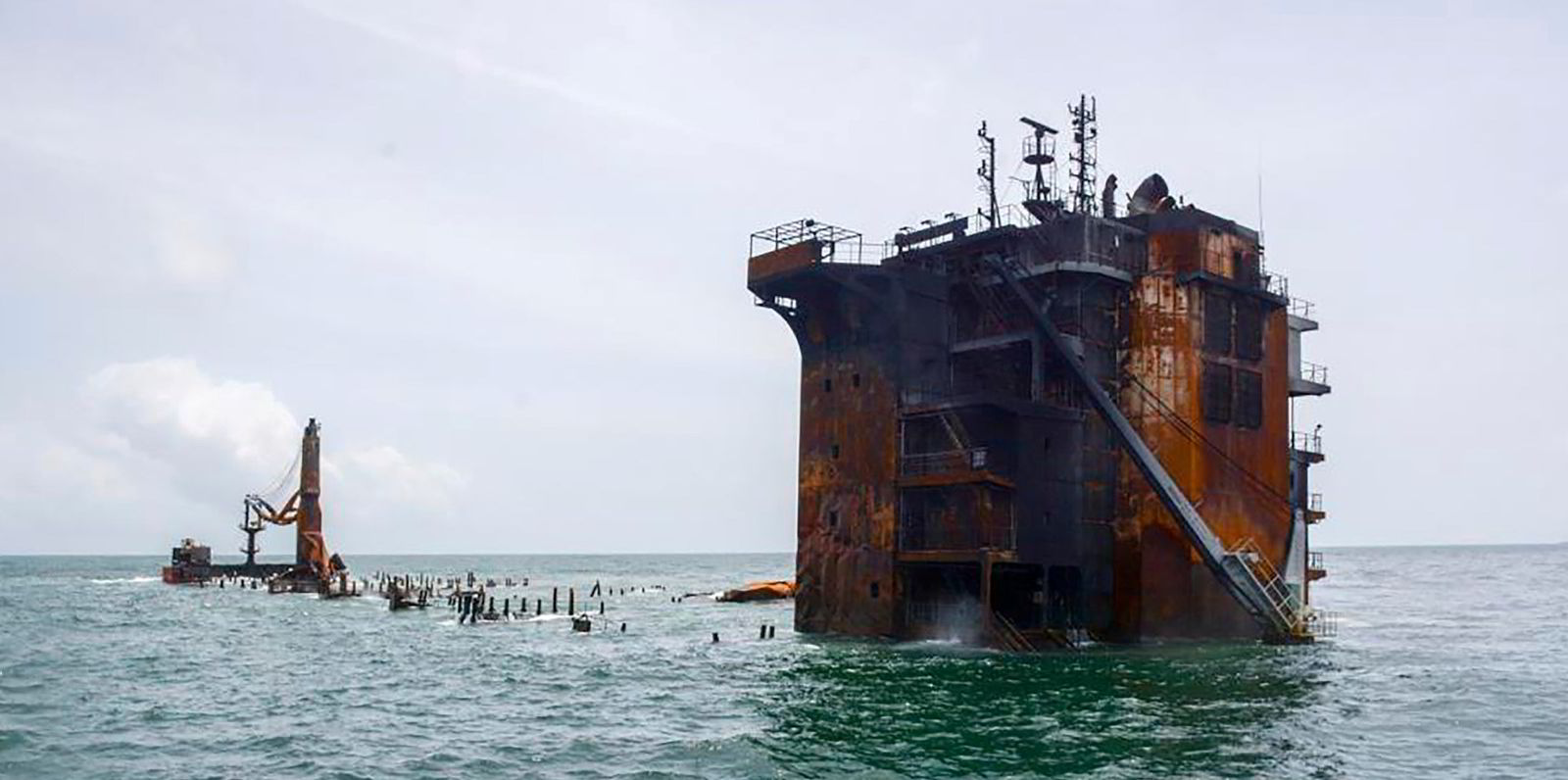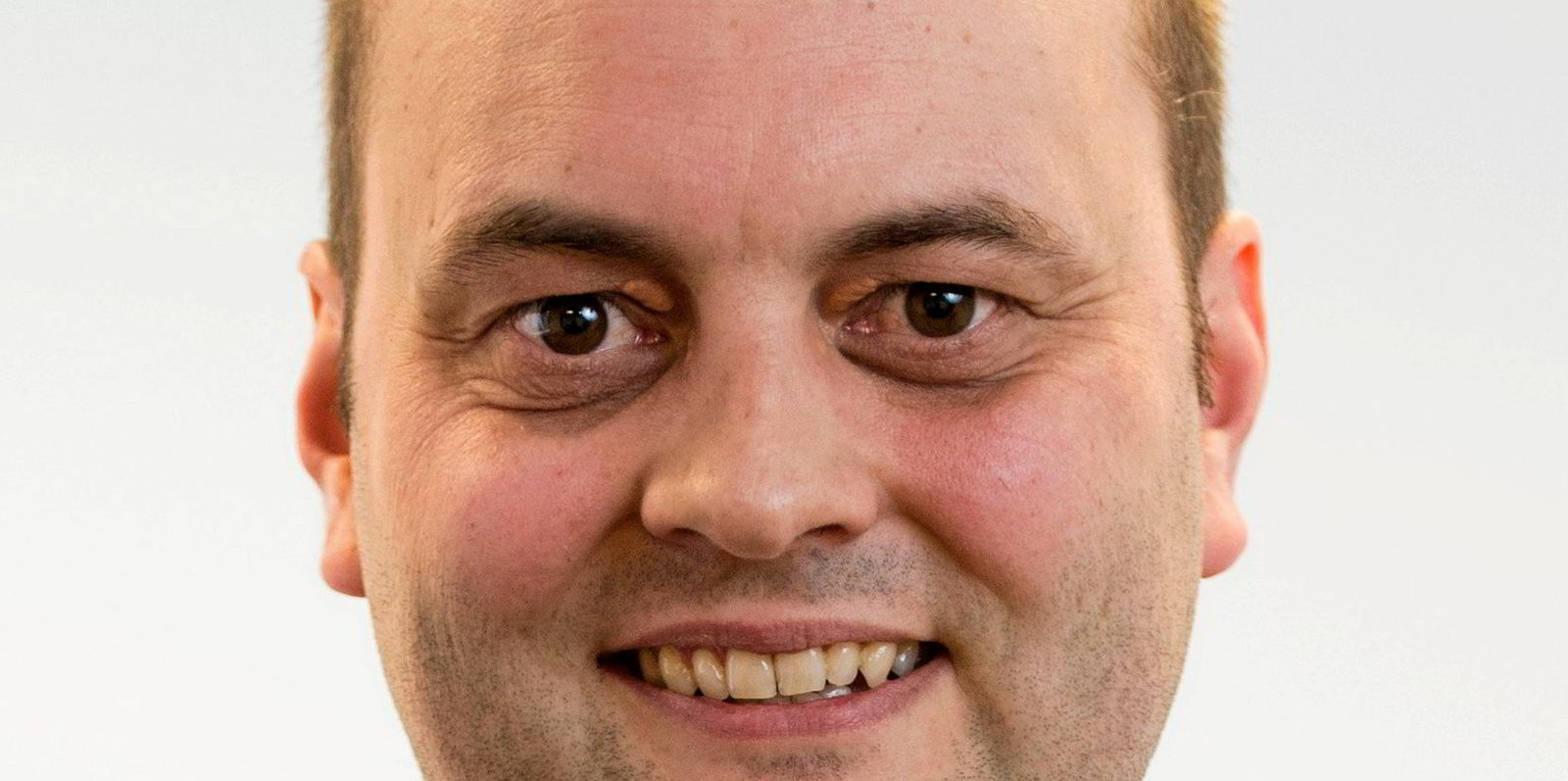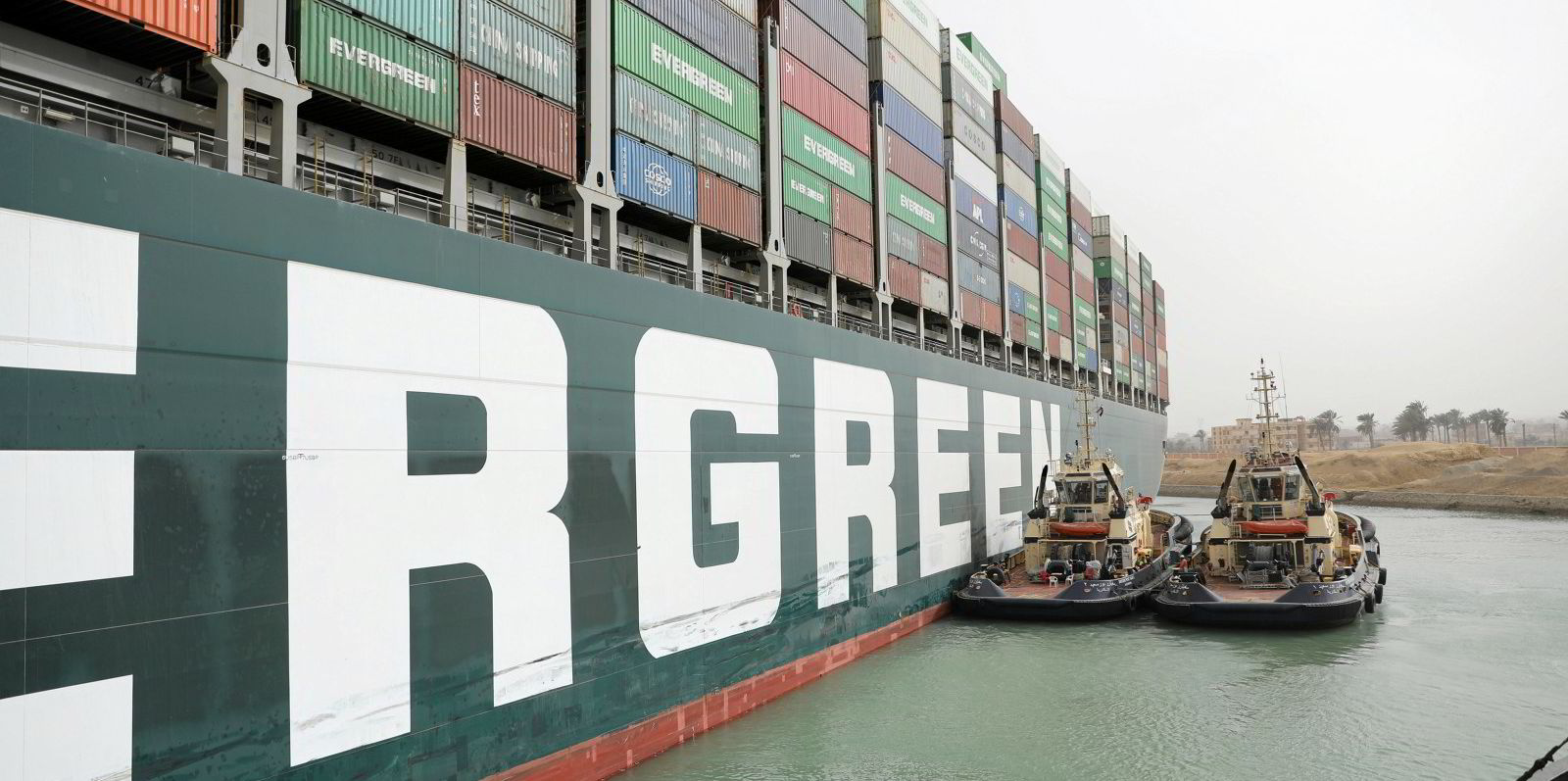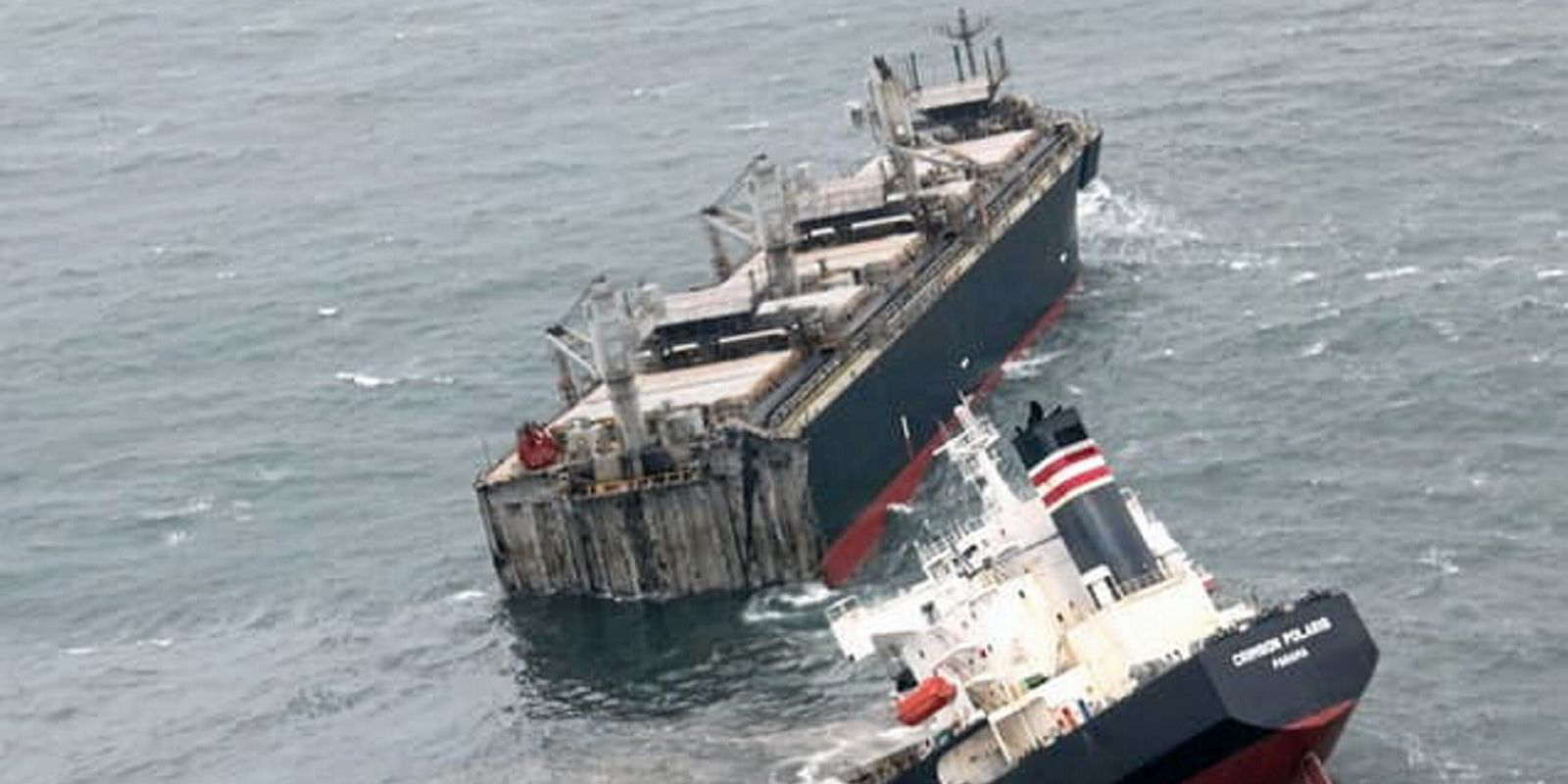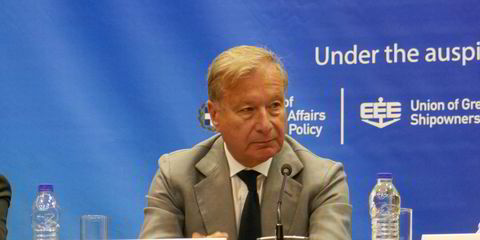Protection and indemnity insurers are facing a make-or-break February policy renewal amid fears that, without securing more premium, some may be unable to survive further underwriting losses.
Broker Wilson Europe estimates that the International Group of P&I Clubs' underwriting losses have been significantly worsening over the past three years.
According to its figures in 2021, the International Group's 13 members reported a collective $593m pure underwriting deficit, compared with losses of $446.8m in 2020 and $325m in 2019.
There appears to be no let-up in the costly International Group pool claims following two record-breaking policy years in 2020 and 2021 for claims in excess of $10m.
There is a feeling among the clubs that casualty numbers are not increasing, but inflation and coastal states' environmental demands are dramatically pushing up claims costs.
"I think it is important to state that the overall number of incidents has not gone up, shipowners have done a great job in the last 10 years to reduce the number of maritime casualties, but expectation around us has increased, and is driving costs upwards," said Gard chief executive Rolf Thore Roppestad.
Covid claims
On top of that, Covid-19-related crew claims have been a major factor in each club's retained losses this year. Broker McGill and Partners estimates that Covid-19 claims have cost each club between $15m and $30m in 2021. Gard processed more than 2,000 Covid-19-related claims in the last year.
North P&I Club was hit by about $30m in Covid-19-related claims. Chief financial officer Ed Davies said US claims have been the costliest. "The most significant have been US hospitalisation claims," he said. "They are not frequent, but if someone is hospitalised for several months, and we have had that, they can be multimillion-dollar claims."
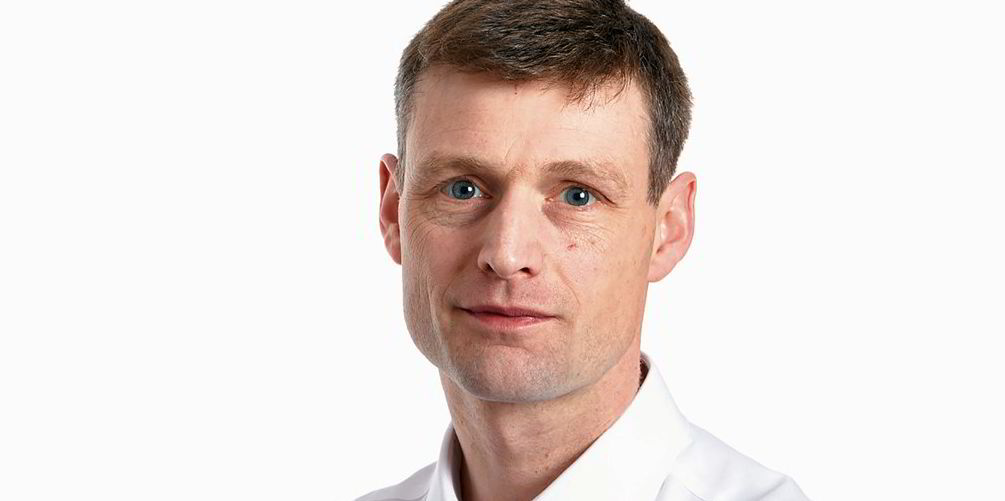
Record claims on top of a dip in investment returns have started to affect the clubs' financial reserves this year.
The collective combined ratio, which reflects underwriting performance of the International Group, was 122% last year. "No insurer, regardless of size or ownership structure can survive combined ratio in excess of 120% for an extended period," broker McGill and Partners said.
Supplementary calls
Recent supplementary calls by London P&I Club and American Club have highlighted the worsening balance sheets at International Group clubs.
S&P Global Ratings has added to the pressure by putting most of them on negative outlook.
General increase targets
- American Club 12.5%
- Britannia 12.5%
- Gard 7.5%
- Japan P&I Club 10%
- London P&I Club 12.5%
- North P&I Club 15%
- Shipowners' Club 5%
- Skuld 10%
- Standard Club 12.5%
- Steamship Mutual 12.5%
- Swedish Club 12.5%
- UK P&I Club 12.5%
- West of England 15%
Wilson Europe managing director Julian South said the clubs "only had themselves to blame" for slashing premium to win new business over recent years.
North P&I chief underwriting officer Thya Kathiravel said that rate rises over the past two years have not got close to recovering the 30% premium erosion that has occurred over the past six years.
"All the increases so far have not really made a dent in the overall rate erosion, and what has changed over that time is that the severity level of pool claims has moved up another couple of notches, and now we don’t have investments to bail us out either," he said.
Standard Club chief executive Jeremy Grose said that growth ambitions have been curtailed as the priority is securing more premium. "The most important thing is to get the underwriting at an even keel, and we certainly don't want to be writing more business when the rating is inadequate, the existing members would then be subsidising new members," he said.
Even the most financially robust of clubs, Gard and Britannia, which have both returned cash to members this year, are seeking an increase in premium.
Britannia chief executive Andrew Cutler said even though its free reserves are strong, they need to be protected by raising premium and addressing underwriting losses. "The challenge is there is a split between capital strength and poor premium, and basically we need to balance that," he said.
Britannia's chief underwriting officer Mike Hall said: "It's about getting the rating back to break-even point. For the last couple of years, the claims costs have been greater than the premium coming in and we've always been keen to get that back to a break-even position. We've got plenty of capital we can return to members, but we've still got to nudge the rates up."
